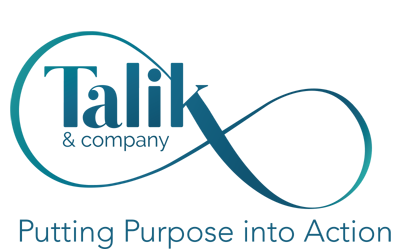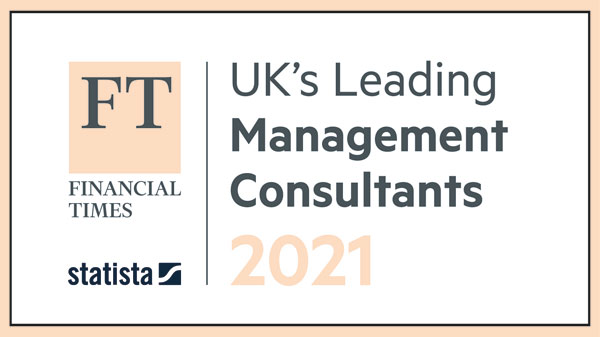In a recent interview with The Telegraph I was asked to provide a ‘Sustainability 101’ for an audience of executives who may not be well-versed in the concept. I was asked questions like “what is sustainability?” and “what’s the point of sustainability?” It reminded me that I can get complacent in Talik’s own echo chamber, working with leaders who not only understand the term but are driven by the values we associate with it to improve livelihoods and well-being whilst restoring and protecting our natural world.
In answering the reporter’s questions, I was reminded how plastic the term ‘sustainability’ is and how it gets redefined to meet different actors’ needs. Whether we’re politicians, business leaders, lobbyists or green activists, we frame and reframe sustainability to mean different things at different times, to suit our needs and messages. I originally wrote about this in Sustainability As Usual (the published version of my far more dull and academic doctoral thesis). Too often we see the term used in quite cynical ways, giving a pale green hue to less-than-ethical practices. But actually, the idea of ‘using’ sustainability is hugely positive, and not cost or time prohibitive or overly complex as it is too often cast. Put simply, it’s a way of seeing – a set of frames or lenses through which to view our organisations, our relationships and our world. What’s important is to notice which frames we are looking through and try on multiple ones to get a fuller picture (our own, our communities, our customers, our non-human stakeholders). It’s a way of ensuring we can anticipate future uncertainties and start to mitigate or preferably embrace them.
Without doubt, 2016 was a year of major shocks and 2017 is shaping up to be similarly uncertain. And this is a clear reason why it’s vital to pay more attention to sustainability than ever. It provides an opportunity to look at your markets, strategy, operating model, your culture afresh and question whether your organisation really is as resilient as you’d like to believe. It’s about much more than exchange rate risks or supply chain risks – although these alone can be enough to sink a business. What about climate risks (the increase in extreme weather events for example)? Or unexpected competition from cleaner, more socially relevant technologies? From the sharing economy? Having the conversation around the Board table is a good way to expand the collective ‘aperture’ on potential risks and opportunities – from Finance to HR to Operations to Marketing; all will have a different and valid view, and if it becomes a habit – even a standing agenda item – to ask “what’s going on out there” then you benefit from the full diversity of frames already available in the room.
Taking this more ‘outside-in’ approach might seem obvious but in my experience busy executives focused on short-term urgent goals find it hard to make time to think or even be curious beyond their own industry. But rather than consigning sustainability to the ‘too difficult’ box, paying close attention to social, technological, environmental trends and the demands they may have on your business, is an invaluable first step in making your business more resilient.
The purpose of sustainability, seen in this way, is not to produce glossy reports or collate data on an ever-expanding list of indicators. It’s not to support a burgeoning consultancy industry! Instead it can be seen as a new paradigm for doing business that charges you to examine your markets and context in new ways; to identify and mitigate emerging systemic risks arising from changes in society, technology, ecological and political systems; to innovate products and services that provide real social benefit; to design operating models that reduce cost, waste and dependence on natural resources; and to improve accountability, transparency and engagement along the whole value chain in ways that protect your reputation.
And finally – to the bottom line – organisations that pay close attention to these issues are seen by investors, customers and employees as better managed, more ethical and robust. Ultimately, they’re a better bet for our money, careers and future.



